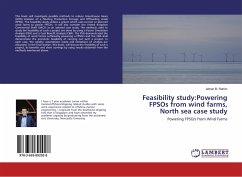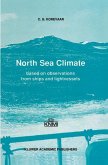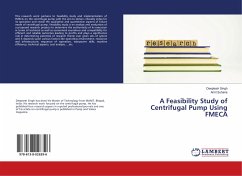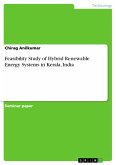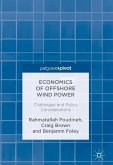This book will investigate possible methods to reduce Greenhouse Gases (GHG) emission of a Floating Production Storage and Offloading vessel (FPSO). The feasibility study utilizes a system which uses current or planned wind farms to power FPSO/s. It will also consider the United Kingdom Continental Shelf (UKCS) as an isolated case study. The methods used to study the feasibility of such a project are done by using a Power Simulation Analysis (PSA) and a Cost Benefit Analysis (CBA). The PSA demonstrated the feasibility of wind farm/s sufficiently powering a FPSO/s and the CBA shall demonstrate the economic feasibility of carrying out such a project. In each case, the validity, assumptions made and limitations of analysis are discussed. In the final section, this book, will discuss the feasibility of such a project, its benefits and short comings by using results obtained from the methods mentioned above.
Bitte wählen Sie Ihr Anliegen aus.
Rechnungen
Retourenschein anfordern
Bestellstatus
Storno

